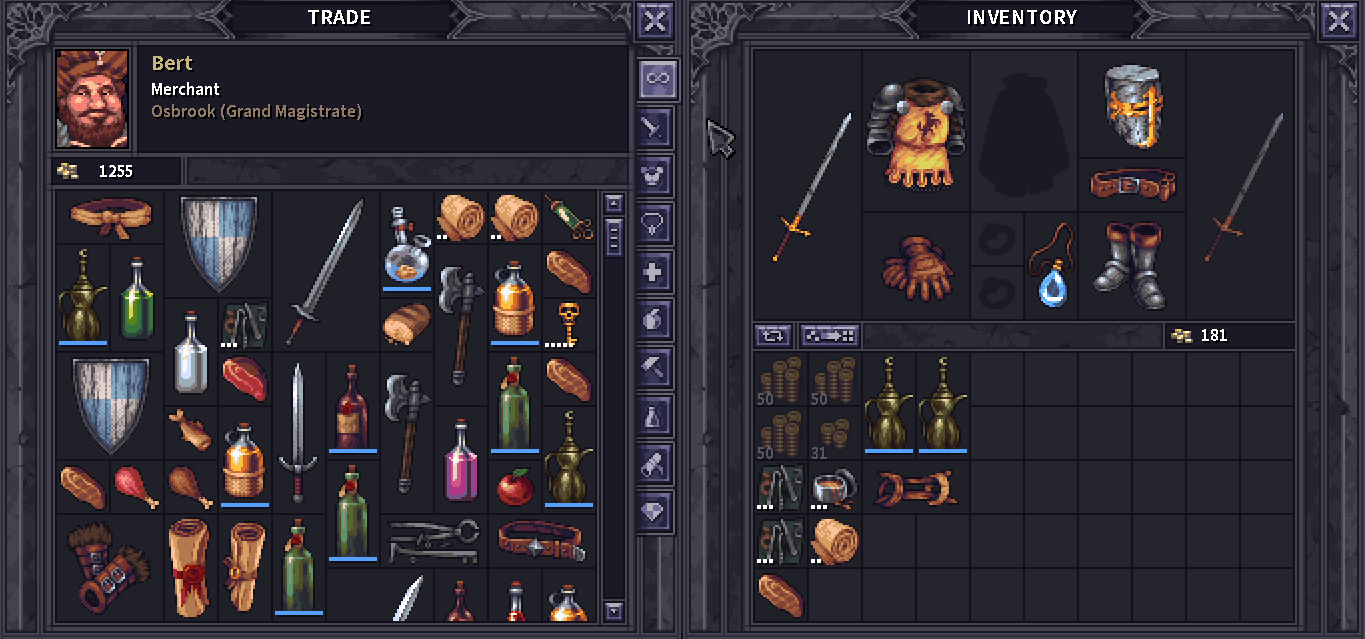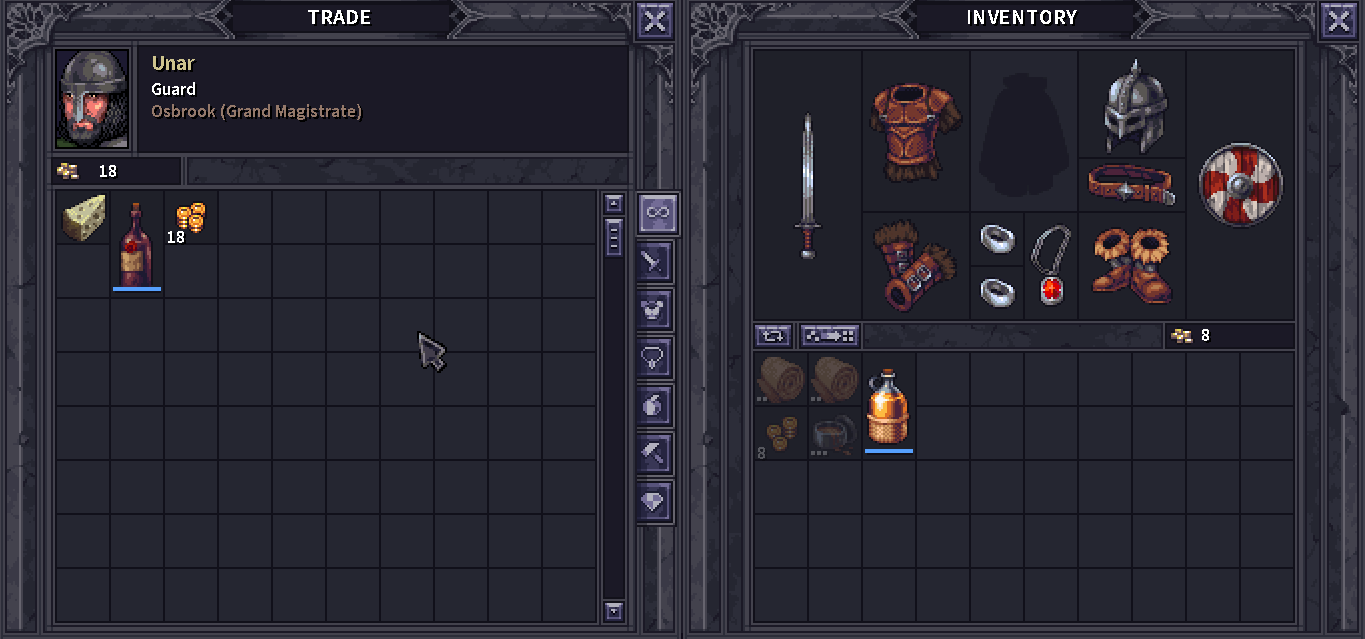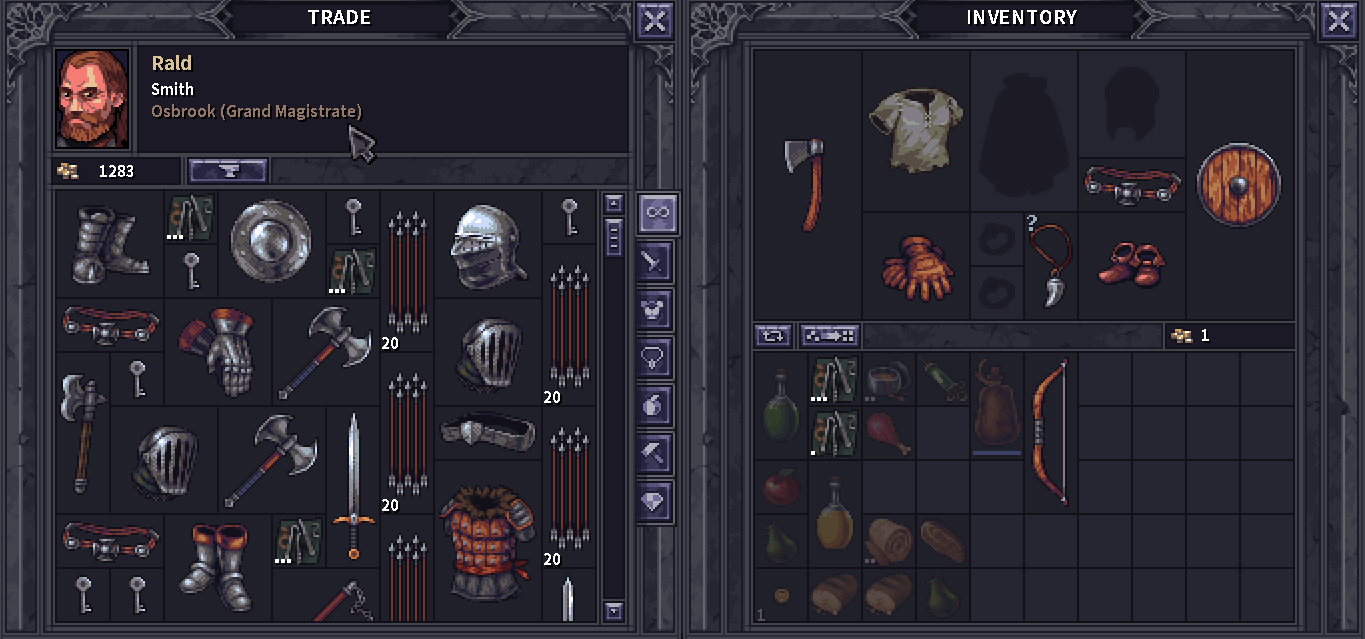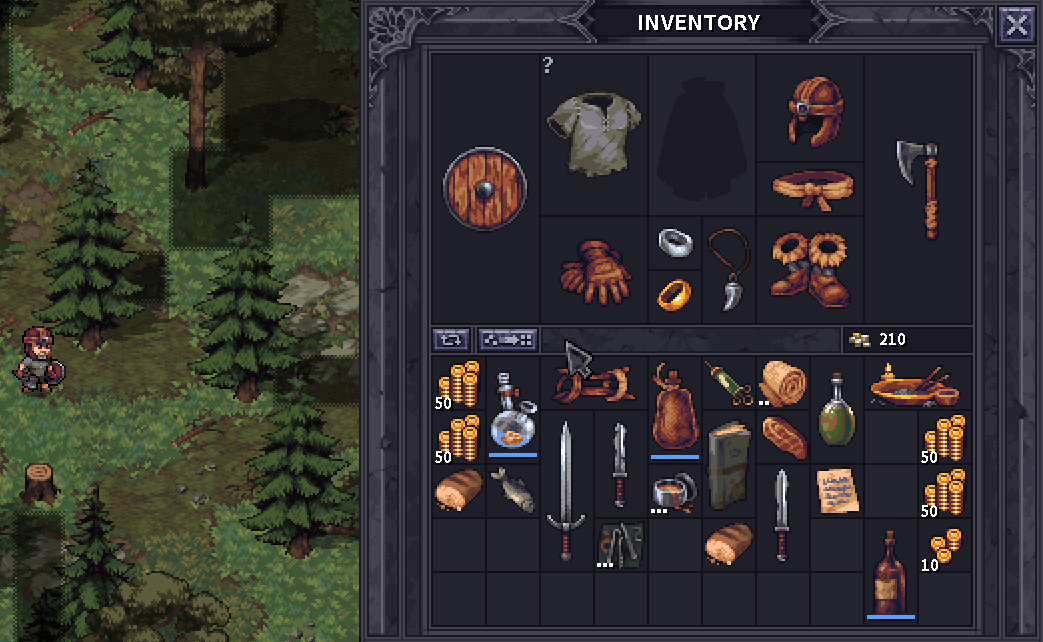Devlog: Latest News Plans

Hello!
For the past month and a half we were very silent since we were busy preparing, releasing and supporting closed alpha test. Because of this we didn’t have enough time to develop new features, and thus there was nothing to tell you about. Today we’ve released the last patch for alpha version, which means we’re back into action again! Therefore, today's devdiary is an filler one - we'll talk about alpha test results and plans for the future.
In general, we’re pleased with how the alpha test went. Despite the limited content, every 10th player spent 10+ hours playing the game, and we’ve also collected lots of suggestions and ideas - that we’ll try to consider during further development. Soon we’ll also send another devpoll to our alpha testers in order to get a detailed feedback on all the aspects we're interested in.
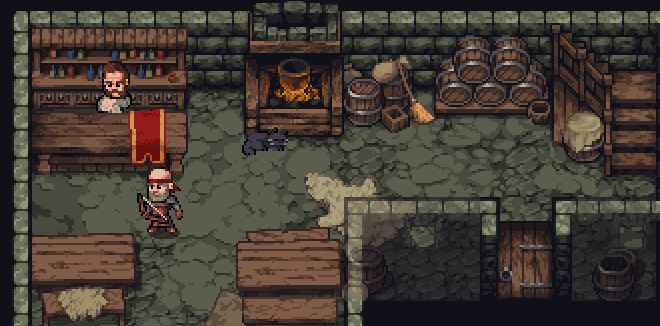
As many had noticed, we’ve changed the release date from the Q1 2019 to 2019 in general. As it turned out, we’re bad at making predictions – it’s quite hard to keep up with the deadlines while constantly experimenting and tweaking things – and without such tweaks it’s hard to make such a large-scale game work well enough. Therefore, for now, we prefer not to give any exact dates, but to focus on the development. We still intend to go Early Access before the end of the year, and a specific date will be announced only when we feel the first public build is almost complete.
The next step in our plan is the transition to the closed beta, which we intend to launch in a few months, late spring or summer. It is unclear how much we’ll be able to fit in a few months, but the minimum roadmap looks like this:
- Transferring to a new engine’s version and then fixing related bugs and crashes
- Adding at least half of the abilities for the most part of planned skill branches
- Adding all the non-yet implemented types of weapons and equipment
- Complete rework of the dual weapon combat mechanics
- Finalization of the ranged combat
- Some new dungeons
- Additional content
- Many minor improvements and fixes that take too long to list (such as barter system for trade, for instance)
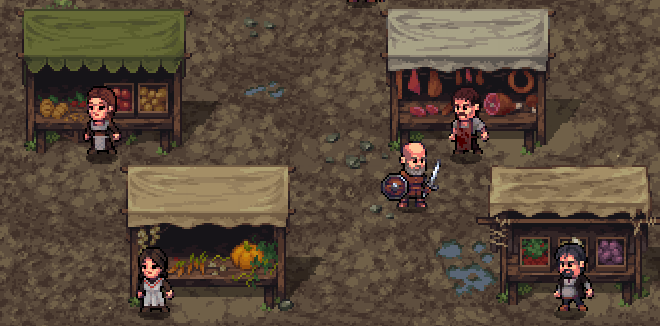
We may also have time to add a new settlement and a number of new game systems, but it isn’t set in stone, so the list above is currently the most realistic.
That's all. In the near future, expect regular devlogs on a variety of topics - including, for example, some details about game’s lore. Also, take a look at our new key art, featuring some of the game's key characters:
 Click for Full HD!
Click for Full HD!See you later!
======
Also you can follow us on:

 Please keep in mind all English texts are WIP and hadn't been yet professionaly translated and proofread.
Please keep in mind all English texts are WIP and hadn't been yet professionaly translated and proofread.
 Troll concept. Don't feed him.
Troll concept. Don't feed him. Nothing like pillaging someone's grandgrandfather's tomb!
Nothing like pillaging someone's grandgrandfather's tomb! Well.... I guess... I'm here?
Well.... I guess... I'm here?





